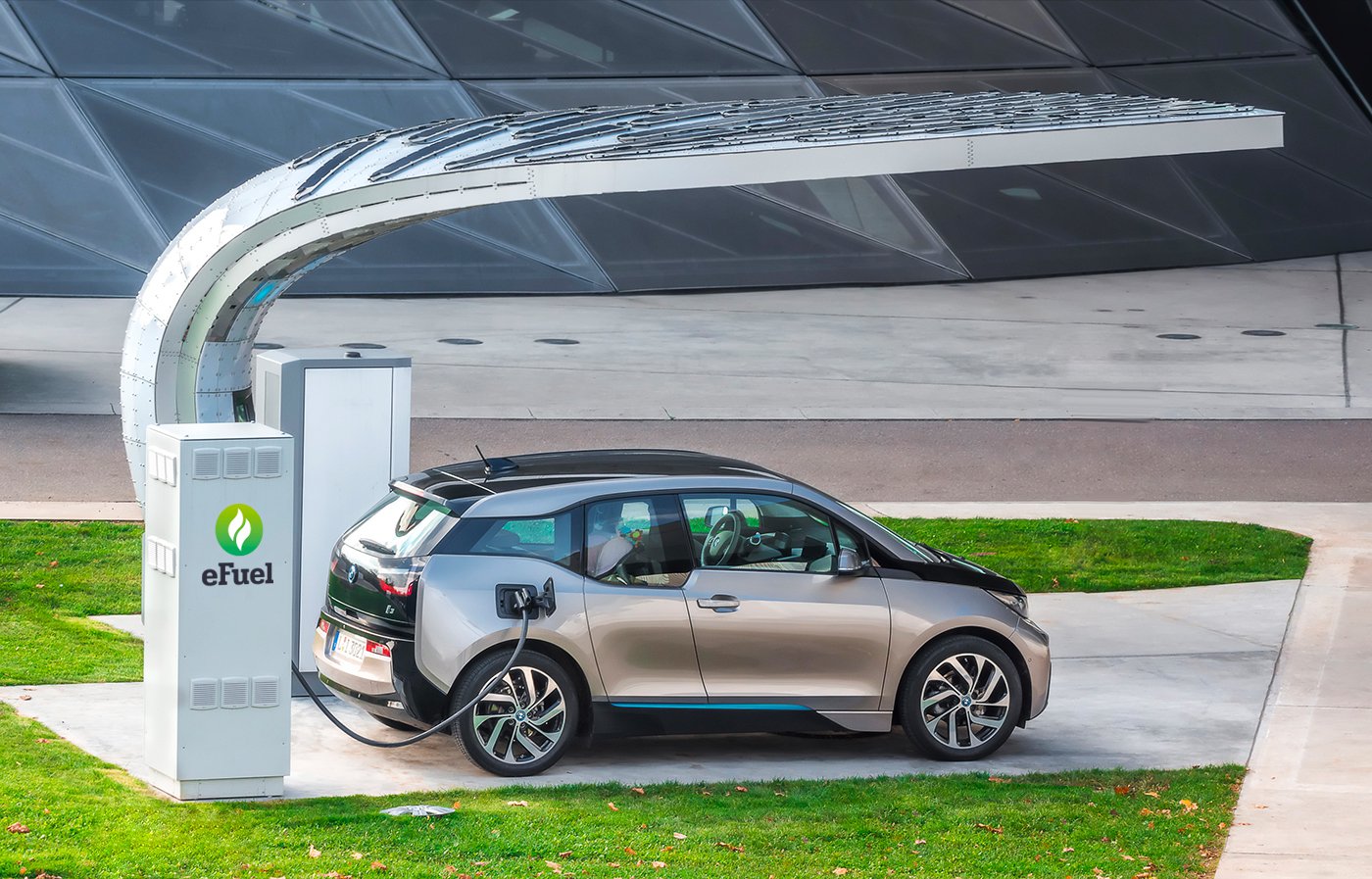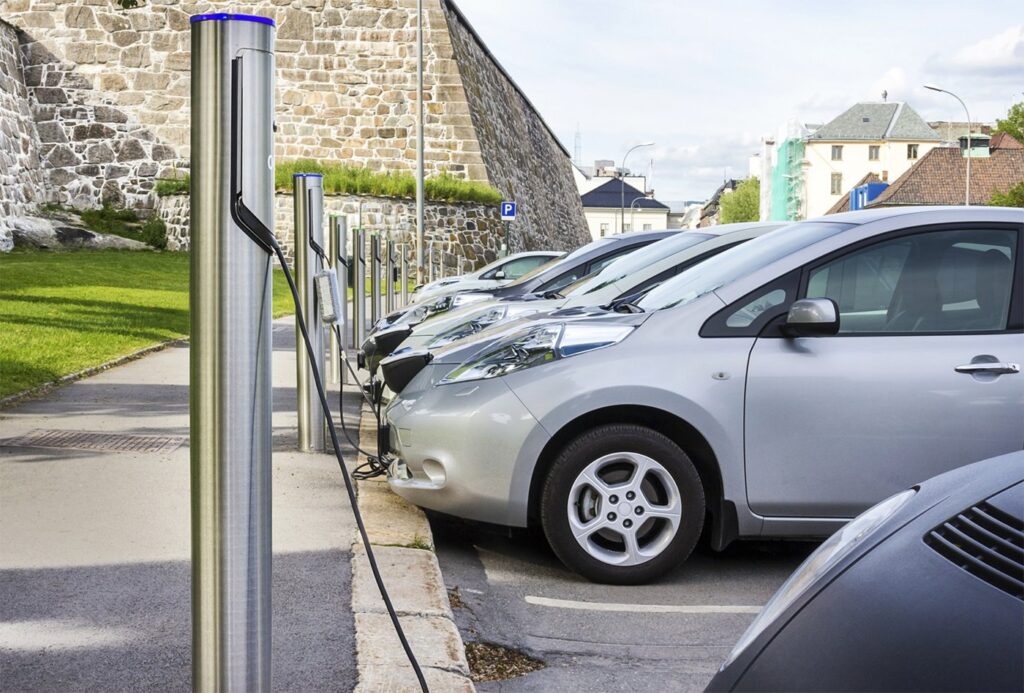
1. The Rise of Commercial EV Charging Systems
In the era of sustainability and electric mobility, commercial electric vehicle (EV) charging systems have emerged as a critical infrastructure component. As businesses and industries recognize the benefits of electrifying their fleets and offering EV charging services to employees and customers, the demand for robust and efficient commercial charging solutions is on the rise.
1.1 Meeting the Needs of Businesses
Commercial EV charging systems cater to the unique needs of businesses, from small enterprises to large corporations. Fleets of electric vehicles, whether delivery trucks, taxis, or company cars, require reliable and scalable charging infrastructure to keep operations running smoothly.
1.2 Employee and Customer Amenities
Beyond fleets, many businesses are installing EV chargers to provide an added benefit to employees and attract environmentally conscious customers. Offering convenient charging options can enhance employee satisfaction and demonstrate corporate commitment to sustainability.
1.3 Environmental and Economic Benefits
Commercial charging systems align with environmental goals by reducing greenhouse gas emissions and promoting clean transportation. Additionally, they can create new revenue streams for businesses through charging fees and incentives.
2. The Components of Commercial EV Charging Systems
Commercial EV charging systems consist of several key components that work together to deliver efficient and reliable charging services. Understanding these components is crucial for businesses looking to invest in this technology.
2.1 Charging Stations
The heart of any EV charging system is the charging station itself. Commercial charging stations come in various configurations, including Level 2 chargers for standard charging and Level 3 (DC fast) chargers for rapid top-ups. Businesses must choose the right mix of charger types to meet the needs of their users.
2.2 Network Connectivity
To enable remote monitoring, user access control, and payment processing, commercial charging systems are typically connected to a network. This connectivity allows businesses to manage their charging stations efficiently and provide a seamless user experience.
2.3 Management Software
Charging station operators rely on specialized software to oversee their charging infrastructure. This software helps with scheduling, maintenance, billing, and data analytics, allowing businesses to optimize their charging operations.

3. Benefits and Future Trends of Commercial EV Charging Systems
The adoption of commercial EV charging systems brings forth a multitude of benefits and holds exciting future possibilities.
3.1 Environmental Impact
By transitioning to electric fleets and providing charging access, businesses contribute to reducing greenhouse gas emissions and combatting climate change. This environmentally responsible approach aligns with corporate sustainability goals.
3.2 Economic Opportunities
Commercial charging stations can generate revenue through user fees and offer an additional service for customers or employees. Furthermore, businesses may qualify for government incentives and tax credits, making the investment even more financially attractive.

3.3 The Future of Commercial Charging
The future of commercial EV charging systems is marked by innovation. Advances in battery technology, faster charging speeds, and interoperability between different charging networks will further drive the adoption of electric vehicles.
As businesses increasingly recognize the benefits of commercial EV charging systems, we can expect to see a proliferation of charging infrastructure across industries, contributing to a greener, more sustainable future for transportation and commerce alike.
